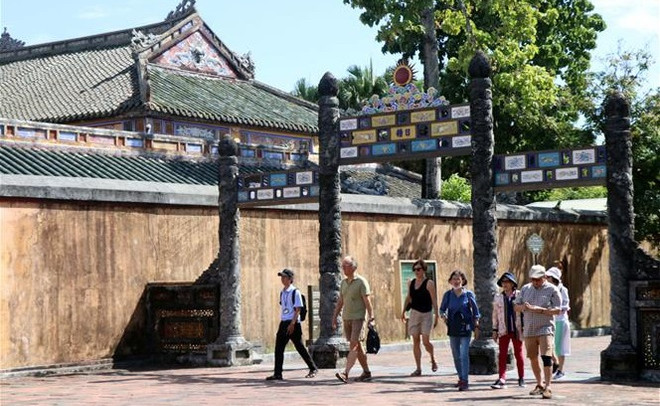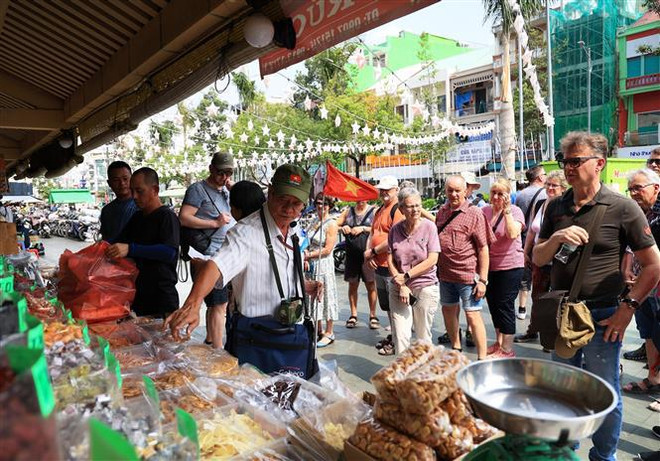On August 14, the Government issued a resolution on grantinge-visas to citizens of all 257 countries and territories, allowing them toenter and exit the country using e-visas through 13 air, 16 land, and 13 seaborder gates.
Under the law amending and supplementing some articles ofthe Law on Exit and Entry of Vietnamese Citizens and the Law on Foreigners’Entry into, Exit from, Transit through and Residence in Vietnam, which becameeffective on August 15, the e-visa validity period is extended to 90 days from30 days. Within 90 days after the e-visa is granted, foreigners can enter andexit Vietnam for unlimited times and without having to apply for new visas.
The law also permits citizens of the countries entitled toVietnam’s unilateral visa exemption to be granted a temporary residence periodof 45 days, instead of 15 days like in the past, and have visa granting andtemporary residence extension considered in line with regulations.
Representatives from local travel agencies said that the newe-visa polity will help them deal with numerous problems and obstacles inattracting foreign holidaymakers.
It will be more convenient for visitors in carrying out entry-exitprocedures, and their travel plans can be made flexibly and economically.
Changes in the visa policy will create a boost for theinternational tourism market to recover strongly, at least equal to 70%-80% ofthat before the COVID-19 outbreak.
To that end, the tourism ministry urged enterprises todevelop new tours and products to better serve those with longer stays.
The ministry recently issued a strategic plan for Vietnam'stourism marketing to 2030 and a project to develop several night tourismmodels, which include orientations for localities and businesses to buildtourism products and services to satisfy tourists' needs.
It is also necessary to prepare human resources, providequality services, and improve management in localities, particularly at largetourist centres./.






























